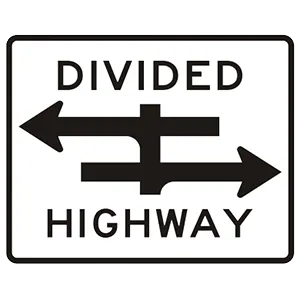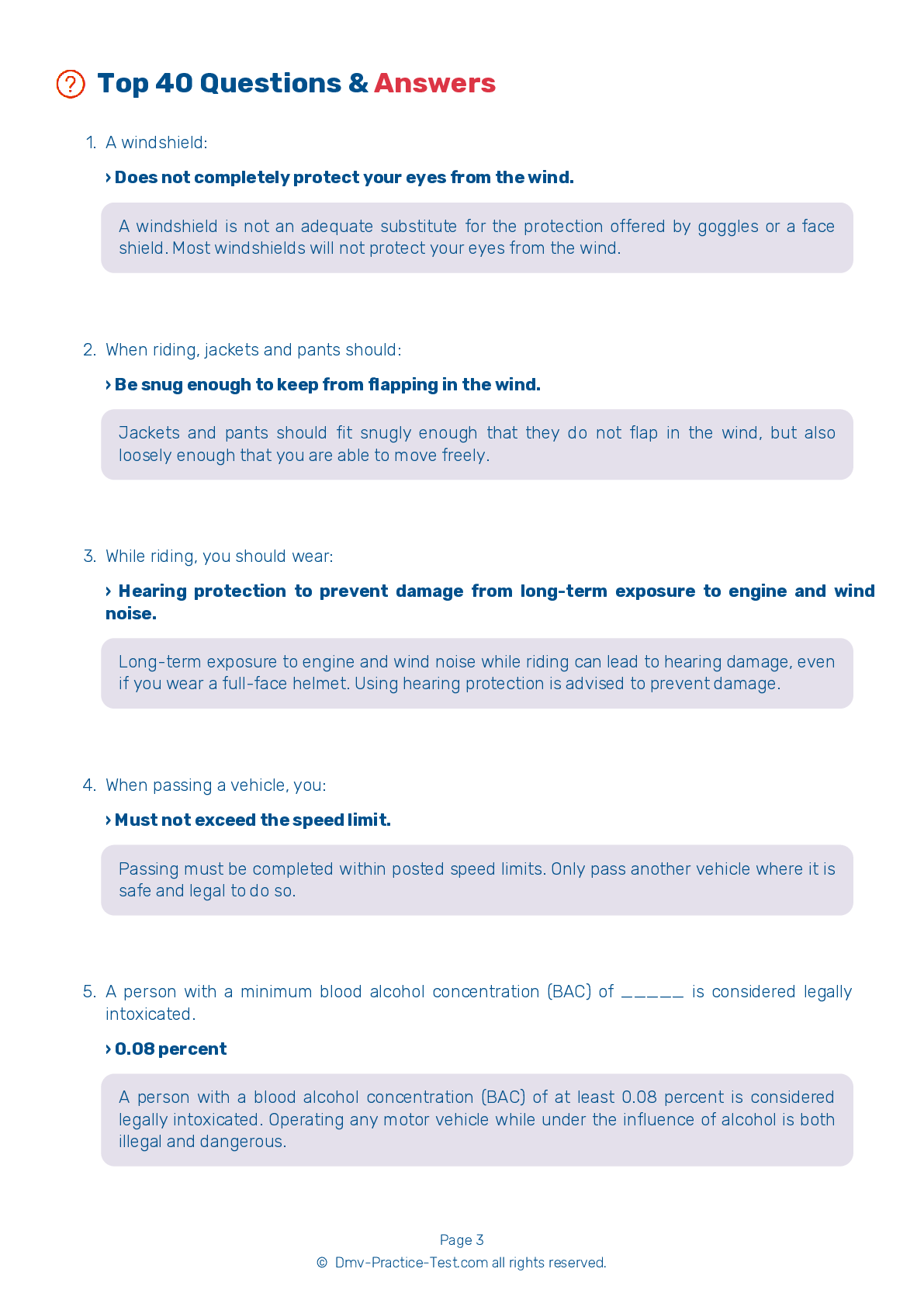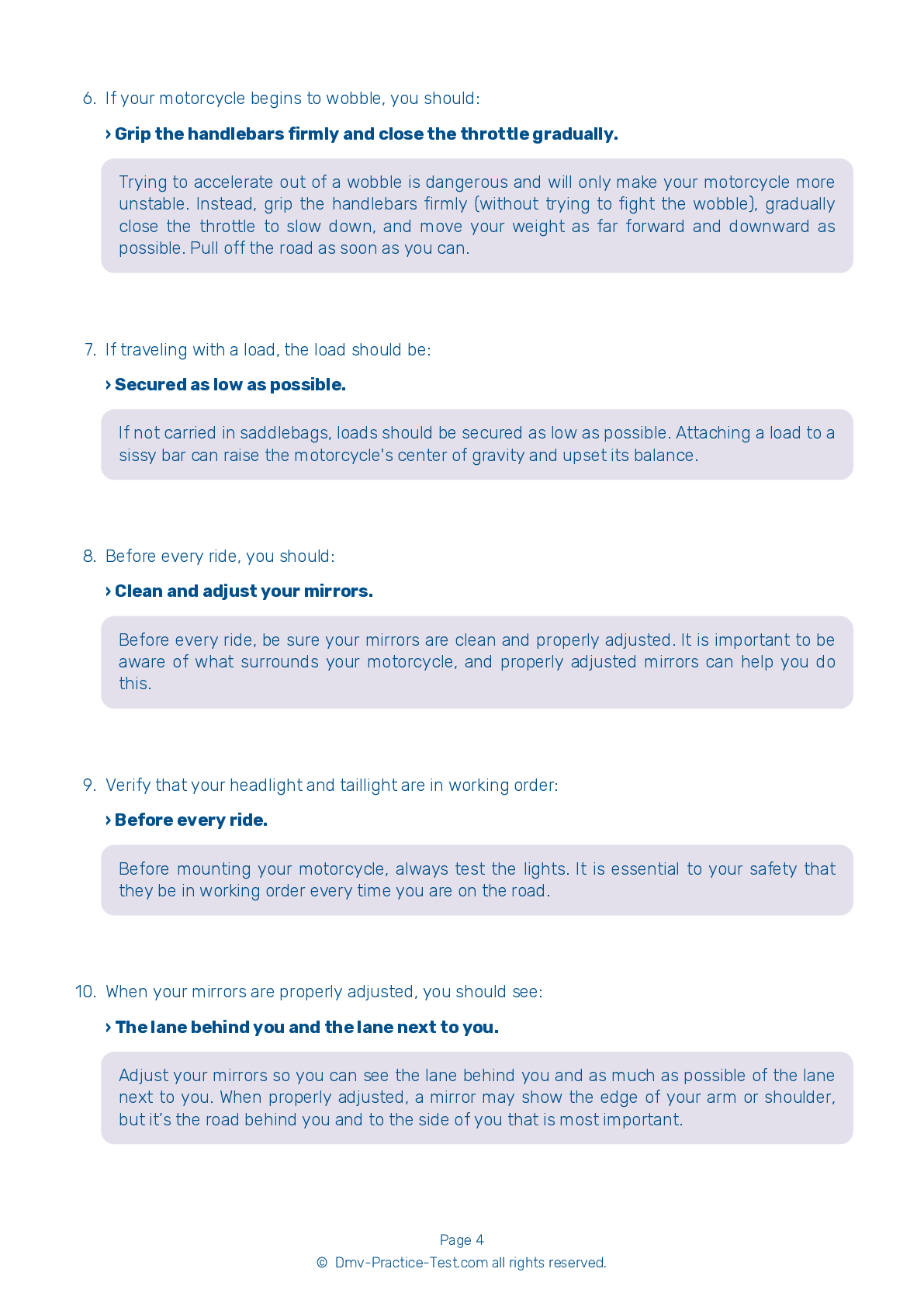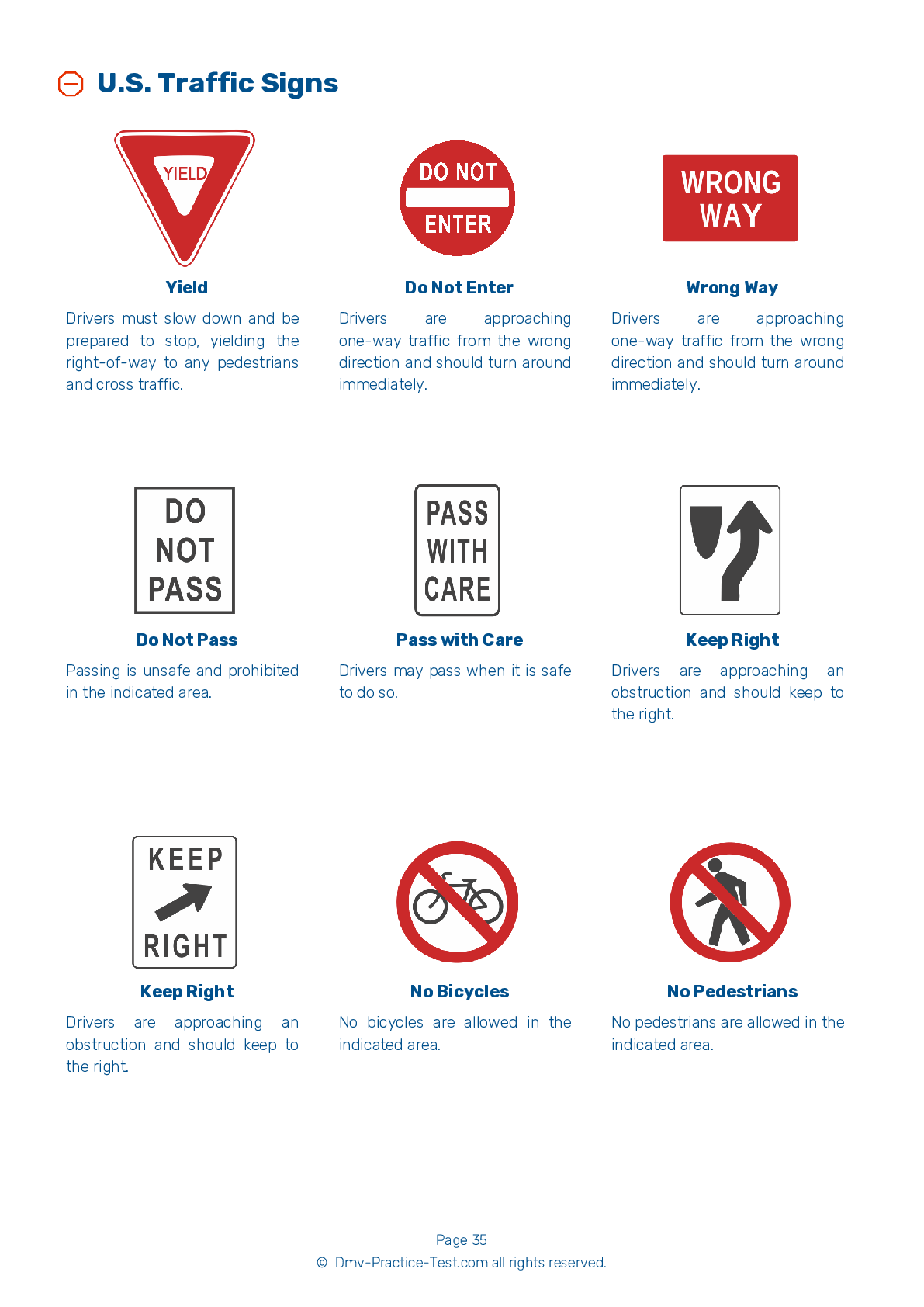Motorcycle Test | License OH 2026 | FREE Online Practice! #9
Take this FREE motorcycle test (license in OH 2026) to check your knowledge of the road rules. To improve your results, download a motorcycle handbook online, study theory, and practice for free on our website. Still worried about how to get a motorcycle license in Ohio in 2026? Check our website for more sample tests, train as much as possible, and boost your grades!
1 . If you are transporting a passenger, they should:
A passenger should lean with the operator through turns and curves. They should sit as far forward as possible, without hindering the operator's control of the motorcycle, and hold onto passenger handholds or the operator's waist, hips, or belt.
2 . When riding a motorcycle, a jacket should be worn:
For your protection, you should always wear a long-sleeved jacket when riding, even in warm weather when you may not think you need a jacket. It can help protect you against the sun and dehydration in hot weather.
3 . This sign means:

This sign indicates that the road that you are on intersects with a divided highway. A divided highway is two one-way roadways separated by a median or guide rail.
4 . The front brake:
Always use both brakes any time you slow or stop. It is safe to use the front brake, which is more powerful than the rear brake, as long as you use it properly.
5 . To best control a motorcycle, a rider should:
When riding, sit so that you can use your arms to control the motorcycle rather than to hold yourself up. Your arms should be slightly bent when you hold the handgrips. To help maintain your balance, keep your knees against the gas tank and your feet firmly on the footrests.
6 . It is difficult for other motorists to see motorcycles at night. To make up for that, a motorcycle rider should:
Strategies for safely riding at night include reducing your speed, increasing your following distance, using the lights of the car ahead to help see farther down the road, using your high beam headlight (unless following or meeting another vehicle), and being flexible about your lane position.
7 . As your motorcycle accelerates, you will need to:
As your motorcycle accelerates, you will need to shift into a higher gear.
8 . A pre-ride inspection should be done:
To prevent any dangerous situations caused by technical issues, you should perform a thorough inspection of your motorcycle before every ride. Compared to a car, small technical problems can have more serious consequences on a motorcycle.
See the exact questions that will be on the 2026 Ohio DMV exam.
99.2% of people who use the cheat sheet pass the FIRST TIME
Jeneen was tired of paying $5/gallon. She got herself a scooter that required the motorcycle license. She studyed the motorcycle test cheat sheet and passed her test the next day!
Christopher tells us how he knew nothing prior to obtaining the motorcycle study guide, and he only got one question wrong because he clicked on the wrong answer by mistake.



